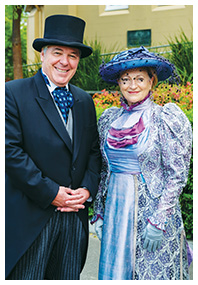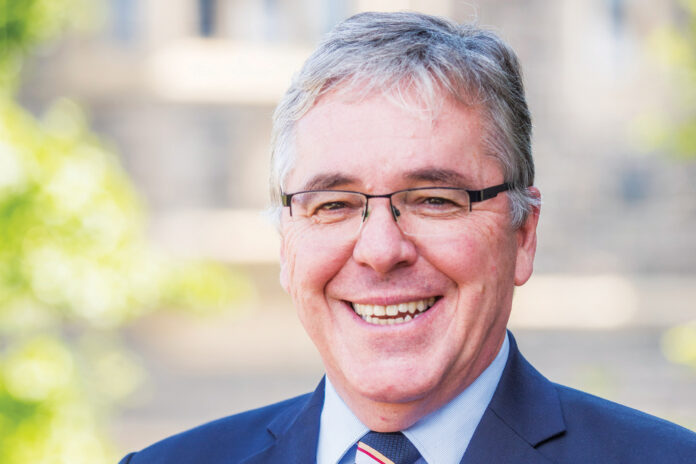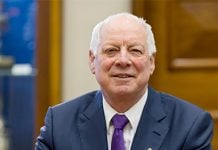As I approach my final few weeks as a Headmaster, I have reflected on more than 17 years in the role and remain ever grateful for the fantastic opportunities I have been given in my career. Working in several fine schools across three different countries, I have especially enjoyed my time at Melbourne Grammar School, which will always have a special place in my heart.
When recently asked to make a presentation on the things that I have learnt in my time as Headmaster, I noted these ten things which are described below:
1. The rise of anxiety in schools is real and pervasive. I believe that anxious parents create anxious children and can even lead to anxious staff. Parents and teachers need to prepare children to be more to be resilient and accept disappointments, rather than pursue a futile search for perennial happiness.
2. The rise of compliance in schools is becoming problematic. The role of both Federal and State Governments and their respective regulation authorities has emphasised school efficiency over school effectiveness, which is dangerous on several levels. The reality is that compliance must ensure its actions lead to better schools, rather than merely increased workloads.
3. The memorisation of information remains a crucial skill, but its domination of school assessment needs to be challenged by critical and creative thinking, problem solving and collaboration skills, which are highly valued in all tertiary environments and workplaces.
4. There is no moral high ground with respect to type of school. Despite this, we often find various proponents who describe single-sex schools (of either gender) or co-educational schools as ‘the best’. The reality is that all schools have their strengths and weaknesses and there are fine and poor examples of each type. The important thing is that choice exists which allows parents to select the type of school that best suits their child.
5. Schools must be wary of creating the ‘building arms race’. The cost of schooling cannot continue to far outpace CPI. Educational rationale and purpose must always be the most powerful driver for building needs.

6. Our system of university entrance needs urgent attention. It makes no difference whether a school offers the VCE, IB or CIE qualifications, the reality is that they are outdated and require substantial change. The crucial question to ask is whether the purpose of schooling is to rank student potential (as many universities have always viewed it) or to develop student potential to the highest level.
7. Schools are still relevant, despite the prevalence of online learning programmes and apps. The function of schools as social and interactive learning environments is crucial, with the idea of establishing a sense of community being the best antidote to creating a ‘me’ generation of young people. This will require greater flexibility in future school form and function.
8. Information technology and social media is ubiquitous and needs to be embraced, rather than demonised. The recent notion of banning mobile phones in schools will, in my opinion, be as effective as Prohibition was in the 1920s and 1930s in the USA. However, implementing a proactive education programme and good role modelling by teachers and parents will enable schools to ‘fight the good fight’ whilst embracing what is inevitable change.
9. Teachers remain a school’s greatest resource, but they also can be its greatest weakness. I wonder how long we will maintain the educational fallacy that all teachers do the same job and therefore deserve the same pay. Performance based salaries only offer part of the solution. Changing the teaching-learning model will be crucial, especially as retiring baby-boomers move out of the workforce leaving substantial gaps in many learning areas.
10. School leaders do matter. Leadership must always be based on trust, authenticity and integrity, as well as large doses of wisdom, courage, compassion, collaboration and a willingness to serve. Leaders have a major influence on school cultures and need to create judicious, meaningful and sustainable change when relevant.
Finally, I wish to thank all of the students, staff, parents and Old Melburnians with whom I (and my wife, Ann) have had the great pleasure to work or know. I have been a most fortunate man to be a part of such a supportive environment and I am sure that the 15th Headmaster, Mr Philip Grutzner, will have a very a similar experience. I wish him well.
Ora et Labora
Roy Kelley Headmaster



